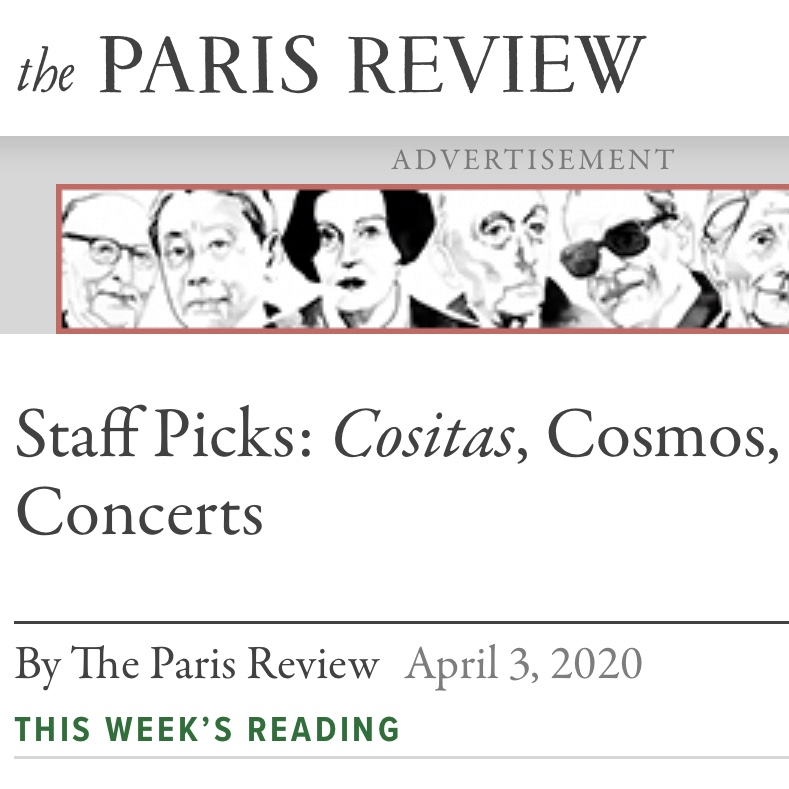Some people have asked me for the full text of my AWP panel presentation, Digging for Story: Research, Fieldwork and Creative Writing. Here goes:
I am an investigative journalist by trade, a novelist by vocation. Today I will focus not on my process of gathering data, but rather on how to bring truth, by which I mean accuracy, into fiction without becoming pedantic.
You want to go to as many sources as possible: reading and taking notes, informational interviews, walkabouts, drivethroughs and arounds. Hang out. To the extent possible, immerse yourself in the real world in which your fictional universe takes place.
But then, put those notes aside. Your job as a novelist is not to produce a piece of explanatory journalism, nor a dissertation. Your job is to leaven a scene with authentic details — which could take the form of a piece of dialogue in a regional dialect, a passing cultural reference, a brief mention of what seems like a chance object but whose placement in the text renders a historical, geographic or socioeconomic truth in one clean brushstroke.
In whatever time you have, don’t become too grim in your pursuit. Stay playful, and stay open – in both the research and the writing. Allow your characters to surprise you. That means they’re alive. In fiction, the story-truth – a term coined by Tim O’Brien to mean the emotional truth – is more important than the happening-truth of factual occurrences. The research guides the story, but it does not control it. Let small details bear the weight of your knowledge.
Research carries a story like water a boat. Keep it moving. Stay afloat.
Now, I do love essayistic digressions – consider the whaling chapters of Moby Dick or the definitions of knots that formed chapter heading in The Shipping News. But to weave research into fiction throughout the text, and not just interruptive deliveries of factual or meta-commentary, I’ve found the trick is to keep it lyric, by which I mean authoritative.
I am going to present a brief passage from the first chapter of my novel Subduction. Here, my job is to prepare readers to enter the landscape of the novel. We accompany a protagonist – Claudia, an anthropologist – as she makes her way out to the Makah Indian Reservation, where she will disregard her code of ethics and begin an affair with the son of her best informant.
I spent years studying the geology, economies, societies, history and environment of the Olympic Peninsula, the northwest corner of the lower 48. And while I will return to this landscape in the text, here, at first glimpse, I allow myself about a minute to present my findings.
The Olympic Mountains loomed. The ferry neared Bainbridge Island, the first leg of a 160 mile journey that would take her west, along peninsulas carved by retreating glaciers and bridges built by enterprising men, until finally, she reached land’s end and its people – qwidicca?a.tx – who had claimed their place among gulls and rock for millennia.
She was merely passing through this world. Or above one, in any case, riding the back of an inland sea where creatures were fighting and fucking and occasionally being carried off by nets, their minds naked with terror.
A merciless place, acidified by the dank exhales of engines.
The wooded shores took shape along the sharpening coastline. Kelp twisted along dark beaches whose upper reaches sprouted mansions. Their banks of windows glittered, cold and steely as the early photos of homesteaders with severely parted hair and thin mouths.
It had all once been forest, right down to the water, the largest stumps serving as dance floors, fiddlers sawing sweet melodies as wood was shipped to whoever could pay, the roving bands of loggers more devastating than termites, than locusts, than anything that had come before.
Executives and their fleece-trimmed families lived there now, the latest in an oncoming wave of people.
Each word of that description was fact – but you may have noticed a fictive flourish. Few biographers would claim to know the minds of fish. And there is something gothic about my description of what is, in fact, a gorgeous landscape.
But the trick to bringing research into fiction is to make the truth felt. Something which has been felt is hard to forget. Part of that passage’s dark tone is reflective of the character’s state of mind. Her husband just left her for her sister. With this passage, I’ve set the groundwork for a trope essential to the story at the heart of my book – exploitation, which can be seen in history’s incessant march through atrocities of epic proportions against land and people alike – all of that concentrated in a ferry ride.
So I don’t say that Subduction is about a woman who sleeps with a man to gain access to his family secrets. That’s the happening truth. The story truth is that my book is about the lies we tell ourselves so we don’t have to change. That pivot – from plot to epiphany – is why I write. I research to build the authority to make that turn happen for readers, too.
Thank you.
Thanks to Maggie Messitt for organizing the panel, which also included Sheri Booker, Nomi Stone and Bronwen Dickey. A brilliant journalist, Messitt is author of The Rainy Season: Three Lives in the New South Africa.
All text is subject to copyright by Kristen Millares Young.










